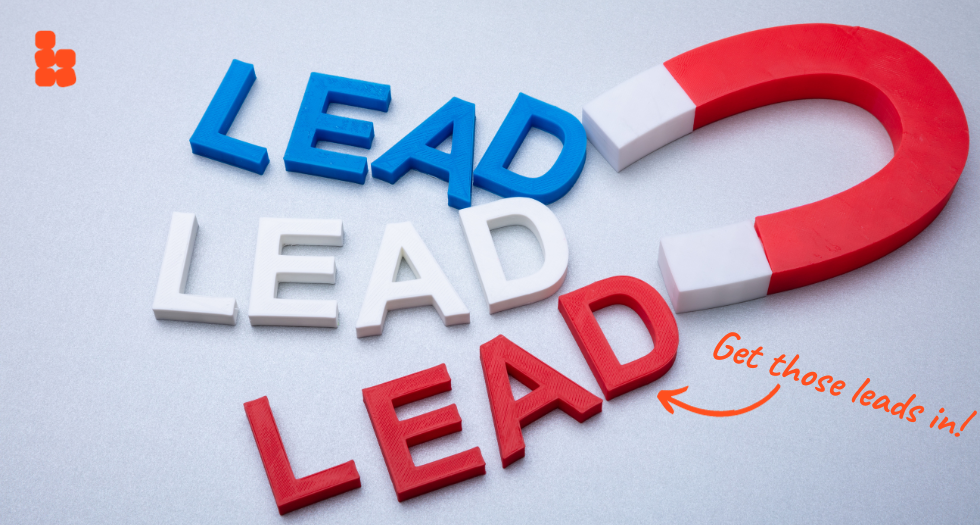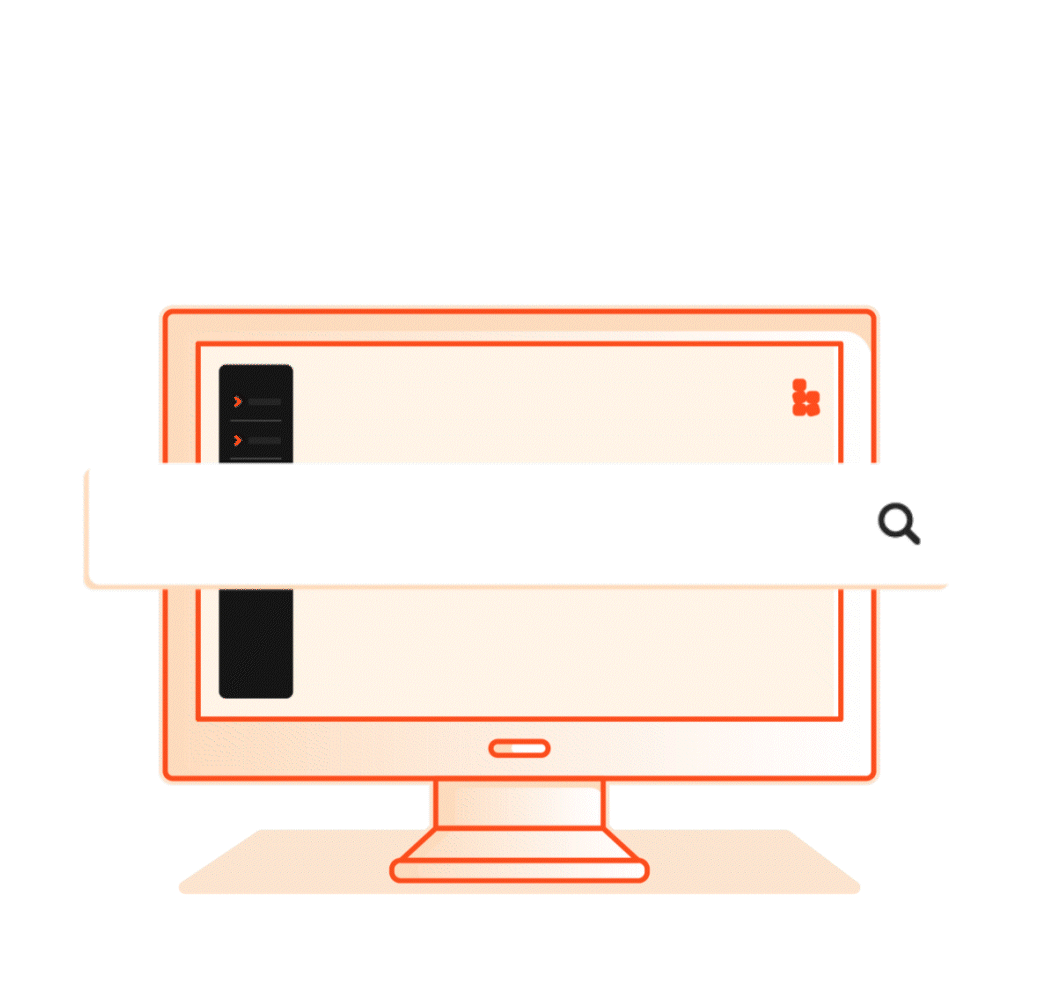Do you need help deciding between lead generation and brand awareness when marketing your business? Well, struggle no more as we explore the benefits and drawbacks of each strategy, helping you make an informed decision on which approach to take.
It’s about that time of the year when marketing teams across the country begin looking toward 2024 with a renewed sense of optimism. Whether it’s growing their audience, launching a new product or service, or expanding into a new territory, the only way to guarantee you get off on the right foot is to have a coherent marketing strategy behind you.
Front and centre of that strategy needs to be whether you’re aiming to achieve success via lead generation or brand awareness. Now, while they may seem similar, these two concepts differ in their purpose and effect. So without further ado, let’s take a look at each to understand their benefits and drawbacks.
What is Lead Generation?
Lead generation is an essential aspect of any business. It is the process of identifying and attracting potential customers who have shown an interest in your product or service. The goal of lead generation is to convert these prospects into paying customers through various marketing campaigns such as email marketing, social media, and pay-per-click advertising.
We’re not going to lie, it’s a complex process that requires careful planning and execution. It involves identifying your target audience, creating a compelling message, and developing a strategy to reach your potential customers.
Perhaps the most overlooked benefit of lead generation is how it helps to identify your target audience. Once identified, you can then understand their needs and preferences, enabling you to create more targeted marketing campaigns that really resonate with them. Thus leading to increased sales and revenue for your business.
Another benefit of lead generation is how it allows companies to nurture relationships with potential customers over the long term. By providing valuable information and resources to your prospects, you’re able to build trust and credibility that isn’t possible during a one off encounter. Not only does this increase brand loyalty, but it encourages repeat business and word of mouth sales.
It’s an ongoing process that requires constant monitoring and optimisation. By analysing your marketing campaign’s performance, you can identify areas for improvement and make necessary adjustments to increase your conversion rates. Keeping you ahead of your competition and achieving long-term success.
What is Brand Awareness?
Brand awareness is crucial for any company looking to drive growth and sales. It refers to the extent to which consumers are familiar with, or aware of, your brand. It’s never been more important to stand out in the crowd, and brand awareness is the key to achieving that.
There are many different ways to build brand awareness, with one of the most effective ways being advertising. By placing ads in relevant publications or on popular websites, you can reach a large audience and increase the visibility of your brand. Be careful though. A badly placed ad can be the difference between promotion and insensitivity. No one wants to promote their new sports brand next to a story of a mega-corporation avoiding tax.
Another strategy is content marketing. By creating valuable and informative content, such as blog posts or videos, you can establish your brand as an authority in your industry and attract more customers. Customers like to know the people behind the brand, and behind the scenes content is a great way to show audiences your personality and values.
Brand partnerships are also a powerful way to build brand awareness. By teaming up with other brands or influencers in your industry, you can reach new audiences and create a buzz around your brand. This can be especially effective if you partner with a brand that has a similar target audience to your own.
Again, be mindful of who you partner with. For example, there was a famous car insurance brand that used a celebrity in all of their advertising only for that person to get caught driving while under the influence. Oh no no no.
But brand awareness is not just about getting your name out there. It’s also about creating a strong and memorable brand identity. This means developing a unique brand voice, visual style, and personality that resonates with your target audience. By doing so, you’re creating a lasting impression in the minds of your audience that will increase the likelihood of them choosing your brand over competitors.
Ultimately, the goal is to create customer loyalty and increase visibility in the market. By building a strong and recognisable brand, you can establish yourself as a leader in your industry and attract more customers over time.
Understanding the Relationship Between Lead Generation and Brand Awareness
Lead generation and brand awareness are closely related, cousins if you will.
They both play a big part in effective marketing campaigns and often provide benefits to each other. For example, a strong brand awareness can lead to increased leads because customers are already familiar with your brand. Conversely, a successful lead generation campaign may also increase brand awareness.
When preparing your marketing campaigns, it’s important to understand the relationship between both, and how you can leverage either one to gain a desired outcome.
Let’s discuss how to decide which to go for when planning your marketing campaign.
Assessing the Cost-Effectiveness of Lead Generation and Brand Awareness
When it comes to cost-effectiveness, it is important for companies to assess which strategy works best for their goals and budget.
Lead generation can be costly due to the resources required for campaigns and lead nurturing. Let’s be honest, lead generation campaigns can often swallow up budgets, especially if you’re not able to track them effectively. For example, a digital lead gen campaign through social media can soon rinse your budget if you don’t set strict criteria and review them frequently to determine their effectiveness.
By measuring conversion rates between leads and sales you’re able to effectively determine if the cost is worth the return. If you find that the messaging isn’t connecting with your intended audience, change it. The reason the cost of lead gen can get so high is that sometimes it is really just a case of trial and error until you get it right.
Brand awareness, on the other hand, can be a more cost-effective strategy in terms of ROI because it can create long-lasting customer relationships that often lead to word of mouth referrals and customer retention.
Hold on now! Before you run off and start setting up brand awareness campaigns in place of your lead generation ones, it’s important to make sure that you’re correctly tracking interactions at every stage. For example, a brand awareness campaign may grab the attention of a prospect, but they may not speak to your sales team until they meet at an event three months later. If you fail to track that prospect, it may look like the event was the catalyst for contact, when in reality their journey with your brand may have started much earlier.
Brand awareness takes time, and won’t cause a mountain of leads to come flooding into your inbox, so if you’re only interested in quick wins, this may not be the best option for you.

Identifying the Best Strategies for Lead Generation and Brand Awareness
The best strategy for lead generation and brand awareness may differ for each company. It’s important to identify the target audience and determine the most effective channels for reaching them.
For lead generation, companies can use strategies such as email marketing, social media, and paid advertising.
For brand awareness, companies can utilise content marketing, brand partnerships, sponsorships, and social media. Companies should also measure and evaluate their strategies regularly to assess their effectiveness.
Leveraging Lead Generation to Increase Brand Awareness
Sometimes it’s not an either-or situation. Lead generation can greatly enhance brand awareness, and vice versa.
Companies can utilise customer relationships to increase brand loyalty and advocacy. By providing exceptional customer service and engaging with customers on social media, companies can build a strong brand image.
Additionally, customer testimonials and referrals can enhance brand awareness and lead generation. By utilising lead generation to build relationships with customers, companies can create a more comprehensive marketing strategy that involves both lead generation and brand awareness.
How to Track your Lead Generation and Brand Awareness Campaigns
Lead generation and brand awareness are essential aspects of marketing strategy; in our experience, it’s not an either-or situation. A well-oiled sales and marketing team should combine the two to keep the leads flowing. But before you go off and plan the next six months of your marketing campaigns, you need to ensure that you’re tracking campaign performance across all channels.
We’re not talking about vanity metrics; we’re talking about understanding why those campaigns were effective and how to replicate and automate them to ensure you get the most bang for your buck. At Bundle, we create live and interactive reports on every area of your marketing activity, wrapped up with the power of generative AI and machine learning to give you real-time insights on improving future campaigns.
Contact us today to discover how we can help take your lead generation and brand awareness campaigns to the next level.






